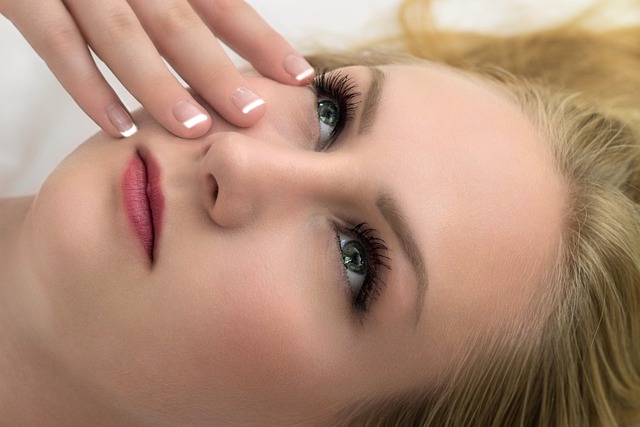Aging is a natural process that does not make exceptions. The body ages, and this can be noticed on our body and our skin.

However, there are some signs of aging that appear much earlier than expected and can be prevented. How to prevent premature aging?
Skin aging involves numerous changes: thinning of the epidermis leads to the appearance of wrinkles. Tissue elasticity decreases, and the volume of subcutaneous fat decreases, leading to sagging and blurred facial contours. During aging, the production of substances necessary for maintaining youthfulness slows down. This leads to the formation of pigmentation, spider veins, and dry skin. How to slow down these effects?
How to prevent premature aging?
In some people, these effects do not occur in their fifties but immediately after their thirties. This is called premature aging of the skin. Cosmetologists constantly remind us of this possibility and how important it is to know which factors influence the process of premature aging.
Reasons for premature aging
Heredity and hormonal problems Premature aging can be predicted in advance. If premature aging has already occurred in your family, you may have the same problem. Talk to your mothers, grandmothers, and other older family members and find out when they first noticed signs of aging. This way, you can determine the best time to start preventive measures.
In addition to genetic factors, hormonal fluctuations and hormone decline in pre- and menopause have a significant impact on premature aging. Regular visits to gynecologists and endocrinologists should become mandatory to keep things under control.
Bad habits
Smoking, alcohol, stress, sleeping in a bad position, i.e., with the face pressed against a pillow, have a negative impact on the skin and worsen its condition. To prevent dehydration of the skin, its metabolism should not be disrupted, and blood circulation and lymphatic flow should function properly. Therefore, bad habits should be replaced with good ones. Spend more time outdoors, walk, exercise...
Ecology
Air pollution negatively affects appearance. The skin is less oxygenated and actively damaged by free radicals. Pollution causes oxidative stress. As a result, the protective barrier is damaged, which can lead to inflammation. Mature skin and skin with dermatological problems are particularly vulnerable because their defense mechanisms are weakened.
Poor nutrition
The skin requires essential nutrients. Only if it receives enough nutrients will all metabolic processes function properly and protect you from aging. Most skin problems can be solved with a customized diet, including more water, fruits, vegetables, fish, vitamins, and minerals.
Inadequate skincare
Proper and regular skincare is crucial. Everyone needs a cosmetologist who will periodically examine the skin and determine its needs. Well-planned skincare yields good results and allows you to maintain healthy, youthful skin for a long time.
Sun radiation
Free radicals play a crucial role in premature aging. They break down skin cells and weaken the protective barrier. Excessive amounts of free radicals and overexposure to ultraviolet rays definitely lead to premature aging. Therefore, sunscreen should never be forgotten. It protects the skin from oxidative stress and damage.
Prevention
When it comes to premature aging, many cosmetic treatments and procedures work well on the skin. Among them are chemical peels that help renew the skin and improve cellular nutrition. In addition, injection techniques such as biorevitalization and mesotherapy - introducing hyaluronic acid or cocktails with vitamins and microelements into the skin - can be of immense benefit. These procedures allow for intense tissue hydration, even out the complexion, and increase elasticity and firmness. Plasma therapy has also proven to be good for skin regeneration and improving its quality.